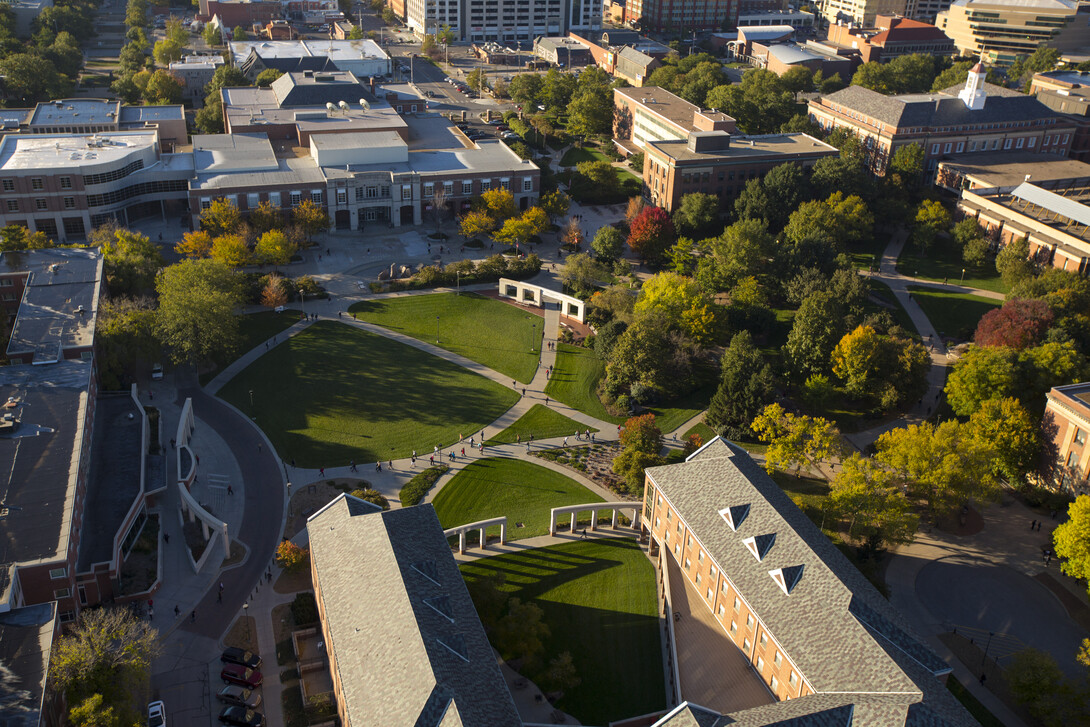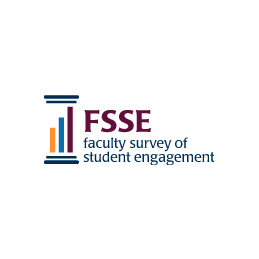
The University of Nebraska-Lincoln is participating in a nationwide survey designed to collect information about instructor expectations for undergraduate student engagement in educational practices that are empirically linked with student learning and development.
The Faculty Survey of Student Engagement begins April 3, and is open to current faculty. Eligible recipients will receive a personalized email with a link to complete the survey. Results will identify areas of strength and provide a catalyst for productive discussions related to teaching, learning and the quality of undergraduates’ educational experience.
The survey focuses include:
How often faculty use effective teaching strategies
How much faculty encourage students to collaborate
The nature and frequency of faculty-student interactions
Opportunities for students to engage diverse perspectives
The importance faculty place on increasing institutional support for students
The importance faculty place on various areas of learning and development
How faculty members organize their time, both in and out of the classroom
“We will use the FSSE results to examine where we can improve as a campus in areas of teaching and learning,” said Judy Walker, interim associate vice chancellor for faculty and academic affairs. “The FSSE results, combined with the results of the NSSE, will help us to understand what sorts of professional development in teaching would be beneficial to our faculty as we seek to engage our students in their educational experiences.”
The 2017 FSSE contains modules that focus on inclusiveness and engagement with cultural diversity and on teaching professional development.
Some of the questions include reflecting on how much a course or institution does the following:
Emphasizes students sharing their perspectives and experiences
Discusses issues of equity or privilege
Creates a sense of community among faculty
Assists with improving or enhancing your teaching
The university will receive an institutional scorecard of its results as well as comparison results to peer institutions. Overall, the survey should take 10 to 15 minutes to complete.
“The feedback faculty will provide through this survey can really make a difference,” Walker said. “The more responses we receive, the more we can disaggregate the data by college and even potentially by specific majors and programs. This information will help us to improve teaching and learning globally across campus as well as locally within colleges and departments.”
Recipients will receive an email invitation to participate April 3, followed by reminders April 12 and 17, with a final reminder April 20.
Since its implementation in 2003, more than 800 four-year colleges and universities in the United States and Canada have administered the Faculty Survey of Student Engagement.
For additional information about the survey, contact Vanessa Roof at vroof2@unl.edu.








